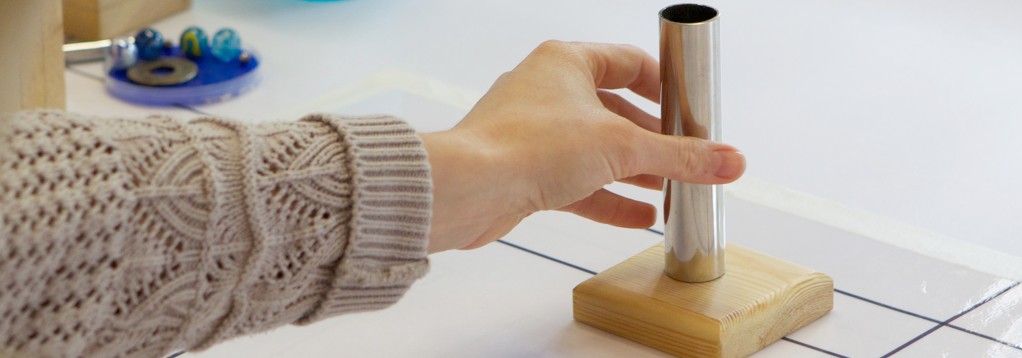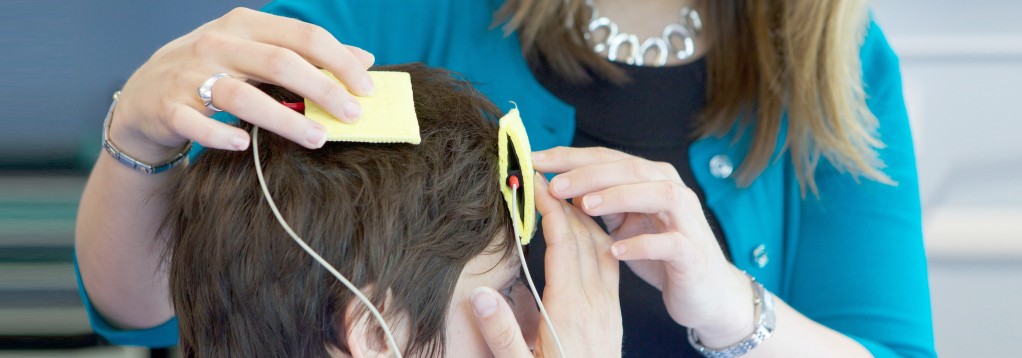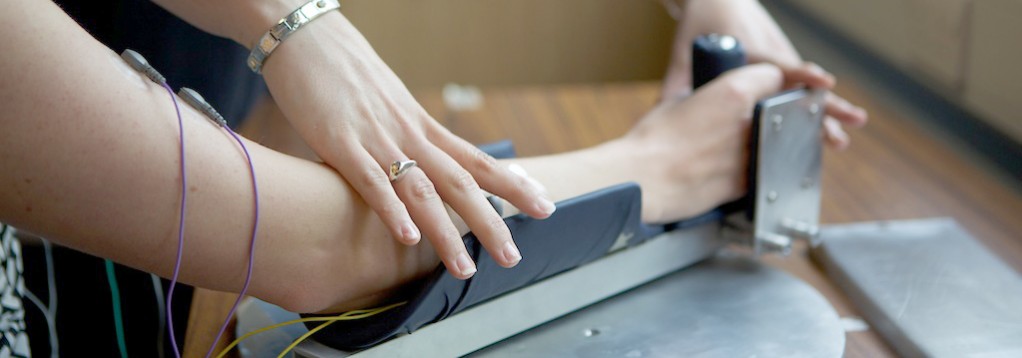The Royal College of Physicians (RCP) published updated Clinical Guidelines for Stroke this week. These guidelines, prepared by the Intercollegiate Stroke Working Party (ICSWP), bring together the evidence from research on the management of stroke and transient ischaemic attacks (TIA) and make over 400 evidence based recommendations for the best treatments for clinicians to use at all stages of the disease, from acute care to rehabilitation, long term management and prevention of recurrence. Essentially, this edition is designed not just for clinicians but also for patients and their families and carers, and those with responsibility for commissioning stroke services, providing information about what should be delivered to stroke patients and how care should be organised. Concise guides related to specific professions will be launched on 29th November 206.
ABIRA’s Dr Nicola Hancock is a member of the Royal College of Physicians Intercollegiate Stroke Working Party, RCP ICSWP, representing Physiotherapy. Nicola said “I have been on the working party now for eleven years and involved in the production of the 3rd, 4th and now 5th edition of these influential guidelines. It has been an exciting and worthwhile experience to participate in the rigorous processes involved in producing the documents and to witness first-hand the tremendous developments in stroke management over the past decade. We still have challenges ahead but the guidelines indicate how research findings can translate into effective treatment for patients”.
The chapters of the guideline cover different aspects of stroke care, providing short summaries and noting the sources of evidence before making recommendations. Many will be interested in the “Recovery and Rehabilitation” section which covers different topics such as fatigue, cognitive difficulties, communication, activities of daily living, arm function and driving. These are typical areas where ABIRA researchers are working and contributing to our understanding of acquired brain injury and its treatment.
The RCP’s guidelines are helpful, not only to healthcare professionals, stroke survivors and their family members, but also to researchers. This is because the guidelines highlight areas where evidence is needed to support practice. This might be the case, for example, when new interventions such as trans-cranial direct current stimulation (tDCS) need evaluation to find if they are cost-effective. The guidelines inform our treatments, but also set challenges for stroke researchers; and stimulate debate and new thinking. Watch out for ABIRA members’ comments on the guidelines in the “News” and “Blog” sections of our website.
The guidelines are freely available on line.
https://www.rcplondon.ac.uk/guidelines-policy/stroke-guidelines



